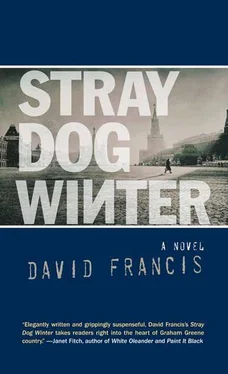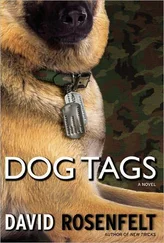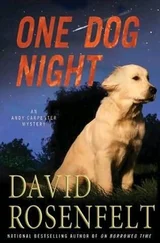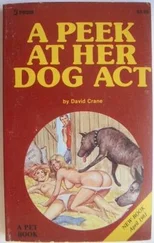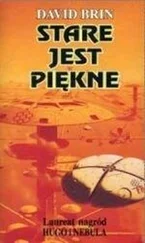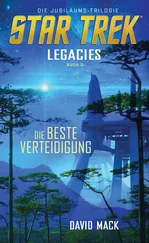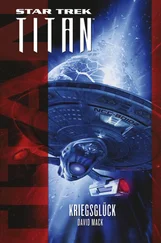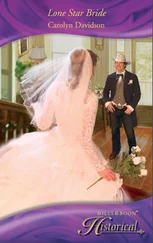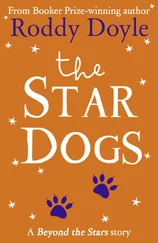He dabbed his neck with the collar of the coat with fingers already tainted with blood, and thought of axes pounding through the bathroom door, searching for spare keys, the widow calling her father, the head of Special Forces. He thought he saw the beacons of the Siminov Monastery above him, lights that hit the pistol on the seat, his fingerprints all over it, his eyes that stung like nettles, straining as far as they could; he twitched and slowed at a claxon sound, an ambulance blaring, coming towards him, but he pressed the Lada forward, passing cars that pulled over, a snow plough, a military truck, if he could just keep the river to his left, but he felt as if the road was veering away. The outlines of buildings clustering, closing in, he wondered if he could find the metro station at Taganskaya, abandon the car, but he knew how to get to Kropotkinskaya by road—follow the river to the Chayka Pool—the weather so thick, his head aching, he dabbed his neck and pressed his elbow against the velvet coat and sensed the slide of plastic, the sacred telegram, how the Turk had almost reached him, crouched and then been felled. Darcy pictured KGB men, done with the Armenians, waiting for him at the embassy gates.
He looked over at the gun, uncertain how to shoot it, then up at a stop light that burned red and the gun flew from the seat to the floor as he braked and his heart rose up, the car was sliding, bunting a black metal barrier. He swung into the skid so the Lada caught traction and Darcy turned left; then he saw what he knew was the lustreless sweep of the river. Out behind him everything refracted, camouflaged in snow, but there was the embankment approaching, the high sloping stones, and his hopes high with it. He couldn’t yet see the lit panorama of the Kremlin, but he knew where he was, the unyielding stone towers, the Armoury Palace and the endless facade of the walls and cathedrals, all of them above him, places with names he remembered. The Ivan the Great belltower and the Presidium.
In the wake of a bus he looked up at the school-age eyes peering scattershot out a back window, children in a winter like this, and he didn’t feel Russian, crushed by loss and steeled by it, he felt desperately alone. He reached down for the gun but grasped cigarettes. Aurelio’s. But there would be no Aurelio. There would be stray dogs in winter, a general congealing in steam. There would be shaven-headed boys being raped in the gulags or cast out into snow.
He turned at the swimming pool onto Kropotkinskaya Prospekt, but a car turned behind him, and all he could do was stare in the rear-view mirror as he slowed for number thirteen. The other car crept past and no obvious convoy of KGB vehicles waited, the quiet felt suspicious, the guard hut lonely as an outhouse in the guttering light. He reached down for the pistol and rested it in his lap, under his new coat, pulling in beside the sentry box, and he felt how easy it would be to use a gun, after cutting at eyes with a knife; you could turn a gun on yourself if you had to.
No one inside the gates, in the snow-blurred shadows, the pitch-dark mansion. A torch shining in the window and Darcy held the roll of notes from his pocket and closed his eyes as he wound the window down into the light on his face and the sleet that spat on his cheeks—the blunt, oval face and same spare chin that denied him the last time. Darcy handed over what remained of the roll of money and looked straight ahead.
Ulli Breffny, he said, clasping the wheel so his hands didn’t tremble, willing himself through, letting go and holding on. Another car passing, the guard picking up a receiver concealed under the counter and phoning, mumbling in Russian, a call he hadn’t made last time, and Darcy felt the gun in his lap, about to point it up, to be sure it was the right call and then, ahead of him, the iron-barred entrance began its drag through the slush, and a pair of rusted arms lifted like they were about to embrace; Darcy drove in almost convulsively, more wary still than elated, faint, as he held for the sound of the creaking gates to lock him in, the hinges like a child screaming.
Australian Embassy, Kropotkinskaya Prospekt 13
Sunday, 10.25 pm
Darcy looked up in disbelief, craned his head to see if anyone waited, if a striding figure would emerge to welcome him, but the butter-coloured mansion sat in an unnatural dark. Then he saw a woman at the top of a low-lit set of stairs, coiffed like an air hostess, her head covered in a plastic rain scarf. She walked down the slick narrow steps and Darcy watched her, hardly dared breathe or swallow. As she approached, he pocketed the pistol and opened his window, quelling his instinct to rush.
I’m Ulli de Breffny, she said through the snow. A de before the Breffny, a strawberry-blondeness to her hair, eyebrows carefully pencilled, and Darcy felt his spirit returning. Darcy Bright, he said. He fumbled his collar up over the bloodied sore and tried to get out but his legs seemed weak beneath him like he’d been crippled. He wanted to drape himself over her for safety, but she was formal, touching his shoulder as if she understood. She shepherded him to the stairway with a certain urgency. Darcy looked over at her. Thank you, he said. Is this still Soviet soil?
Yes and no, she said, as they entered a faint light that sprayed from the canopied doorway. Technically no. And Darcy staved off tears of exhaustion, his fingers shaky as flames.
Ulli de Breffny slipped the rain scarf from her head. In from the cold, she said, aware of her joke, but Darcy couldn’t see it as funny. He glanced through the glistening snow behind him, the night that had let him go; these people who’d given him passage, the old man like an angel out of nowhere, Svetlana. And now he was inside, in a small austere reception room. A place that no longer seemed possible. An Australian flag on the wall, metal desk and office chairs, a plain teak table with a silver tea service. A holding pen perhaps, for quarantine, debriefing. The gun shoved deep in his coat as this woman double-bolted the iron-clad door and they both looked down at Darcy’s wet Blundstone boots on the dry taupe carpet.
He stared up at her beseechingly. Can I speak to the ambassador? he asked.
She draped her scarf on the back of a chair and motioned him to sit. I’m his envoy tonight, she said, pouring tea into a gold-lipped cup, her English impeccable but not Australian. She passed Darcy the cup on a saucer, a plate of homemade lemon squares and lamingtons. She smiled reassuringly. She hadn’t patted him down.
But who are you really? he asked.
I am originally Finnish, she said, pouring her own tea. The dull pink of her lipstick, a woman who still traded on her looks. She leaned back on the desk. I liaise with the Soviets, she added with a quiet authority, as if that might suffice. Also, she said, I’m the wife of the Australian cultural attaché. And Darcy knew she was a spook.
Darcy watched as she leaned against the desk, assessing his scraped-up face, his shake, as if trying to judge what he’d been through. As he drank tea, the cup quivered at his lips, and the liquid burned down inside him. He noticed the Southern Cross on the flag, listened for activity, but the building too seemed oddly silent; he’d still not seen an actual Australian. He cleared his throat. You know Fin? he asked.
Ulli de Breffny made a slight face as if she might not run in quite the same circles. I met her only once. My husband was responsible for her grant to come here and paint. He was very taken with her portfolio.
They were mine, he said.
She nodded. We know that now, she said. Then we got a message from her. About you.
Darcy looked down at the tea leaves in his cup. What did she say?
Ulli de Breffny sipped her own tea but still didn’t sit. That you were in over your head; that you were an innocent.
Читать дальше
